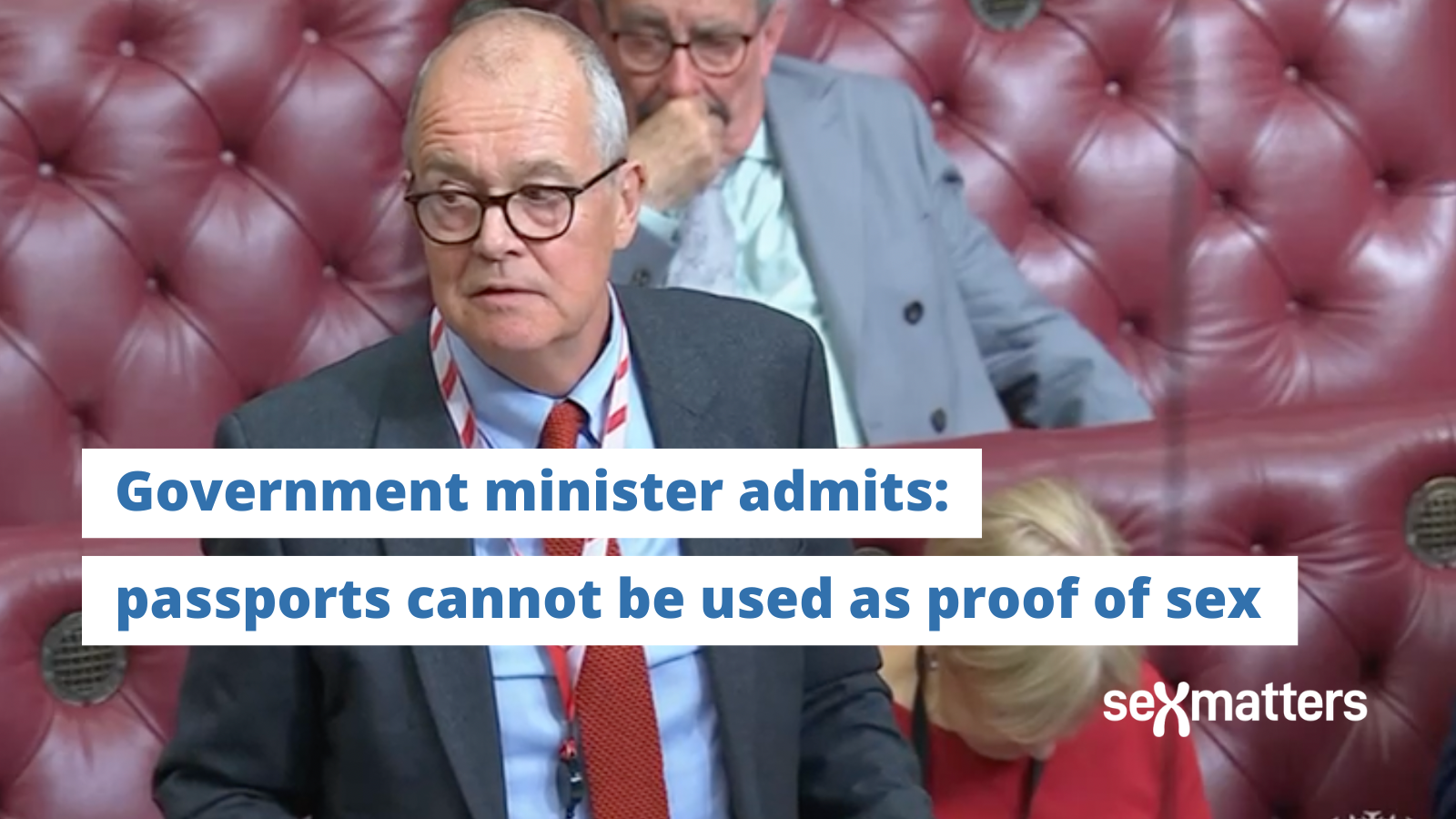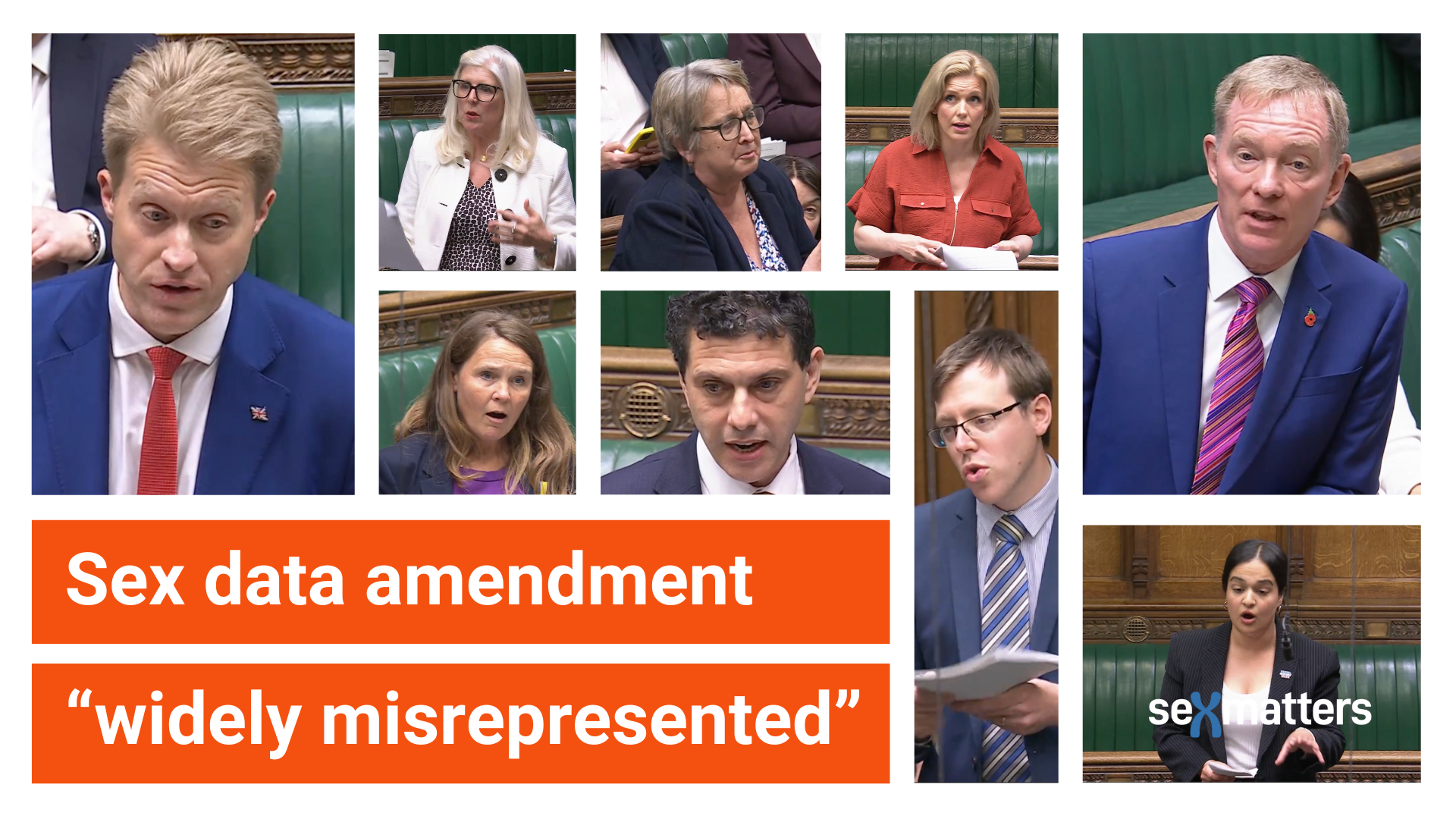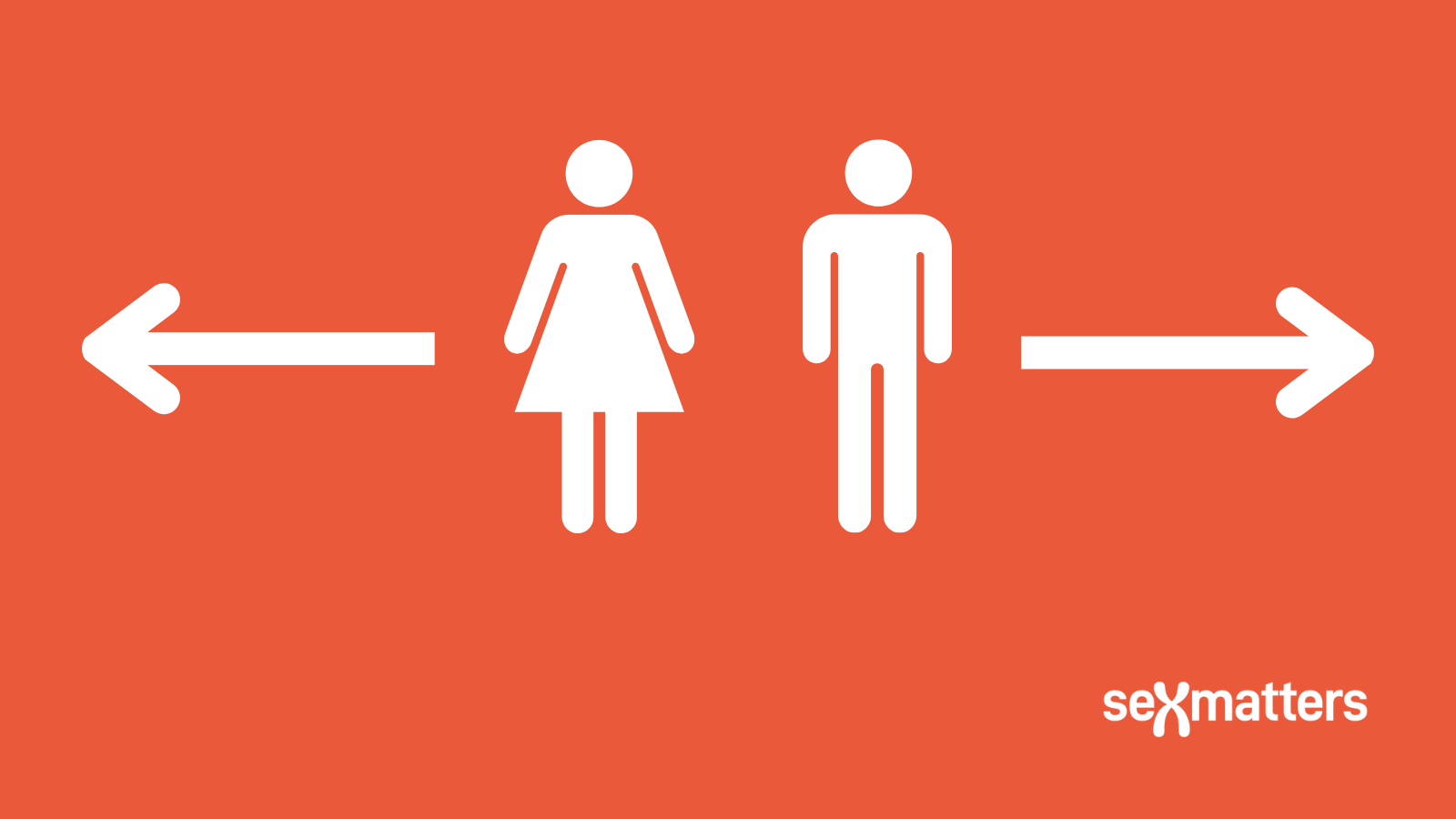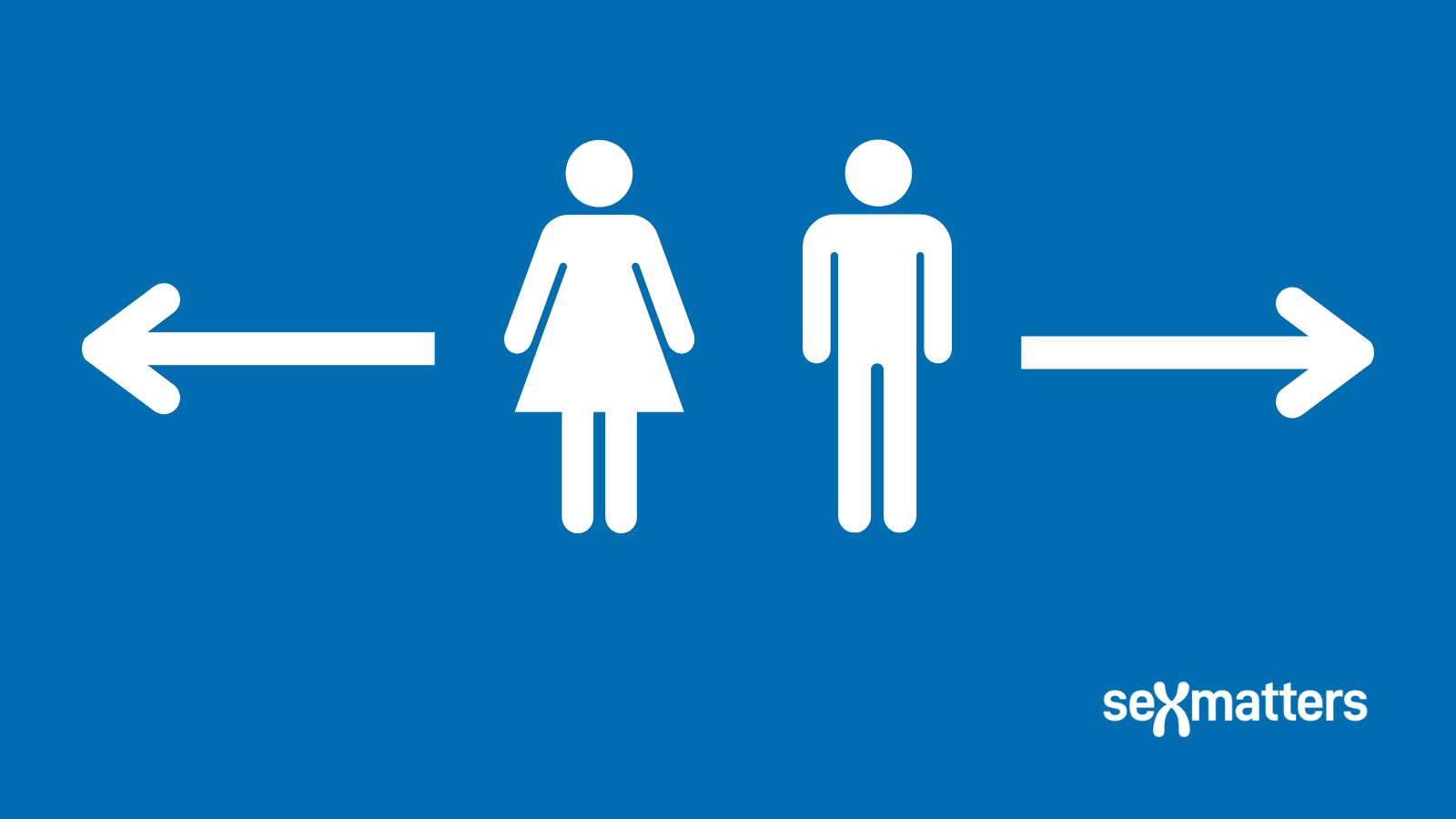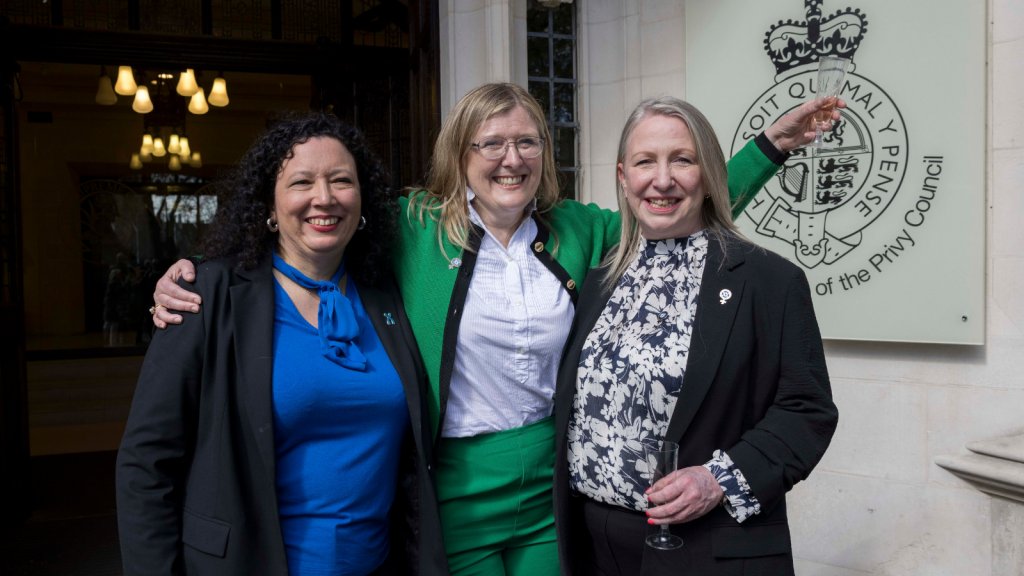Sex matters in life and in law.
It shouldn’t take courage to say so.
Latest campaign
Digital ID can’t be gender self-ID
We all have a right to have the fact of our sex correctly and reliably recorded.
The government’s Data Bill must get sex right.
Keep up with our campaigns and find out how to get involved
Sex in the Supreme Court
Judgment was handed down last week on For Women Scotland v The Scottish Ministers on the effect of the Gender Recognition Act 2004 on the definitions of “woman” and “man” for the purposes of the Equality Act 2010.
The judgment holds that the terms “man”, “woman” and “sex” in the Equality Act 2010 refer to biological sex.
Clarity about sex is crucial for safeguarding everybody's human rights.
We are campaigning to establish that sex matters in rules, laws, policies, language and culture. We aim to:
-
1
Establish clarity on single sex services
-
2
Enable people to speak up
-
3
Make debate possible
What we do

- We lobby for clarity on sex in law and institutions.
- We publish research and analysis about human rights.
- We educate people about the law and about their rights.
- We support and mobilise people to speak up.
- We hold organisations accountable.
Our principles
-
Reality
There are two sexes: female and male. People shouldn't be afraid to say this.
-
Clarity
Organisations and governments should be clear about the sexes and where sex matters.
-
Human rights
Everybody's human rights matter, including private life, freedom of beliefs and speech.
-
Democracy
A cohesive society depends on open debate and evidence-based policy making.
Latest updates
-

Why “sorry” is the hardest word
During the weeks since the Supreme Court’s landmark ruling that “sex” in the Equality Act refers to biology, much...
20th May 2025
-
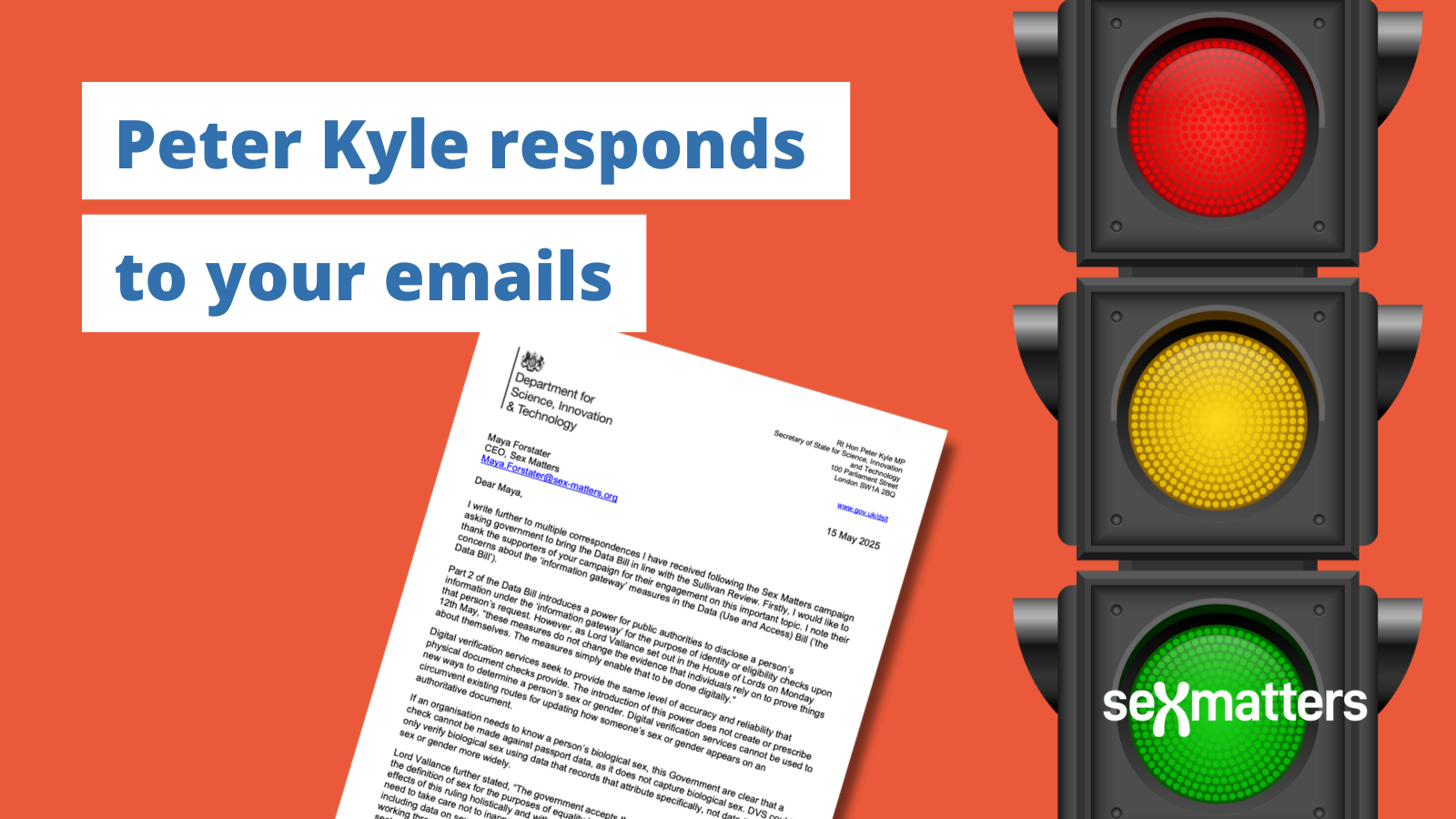
Secretary of State writes to Sex Matters supporters about the data bill
On Friday (16th May) we received a letter from the Rt Hon Peter Kyle MP, Secretary of State for...
19th May 2025
-

What next for sport?
We are winning in sport. The most popular sports for female participation in the UK – swimming, athletics, tennis,...
16th May 2025
-
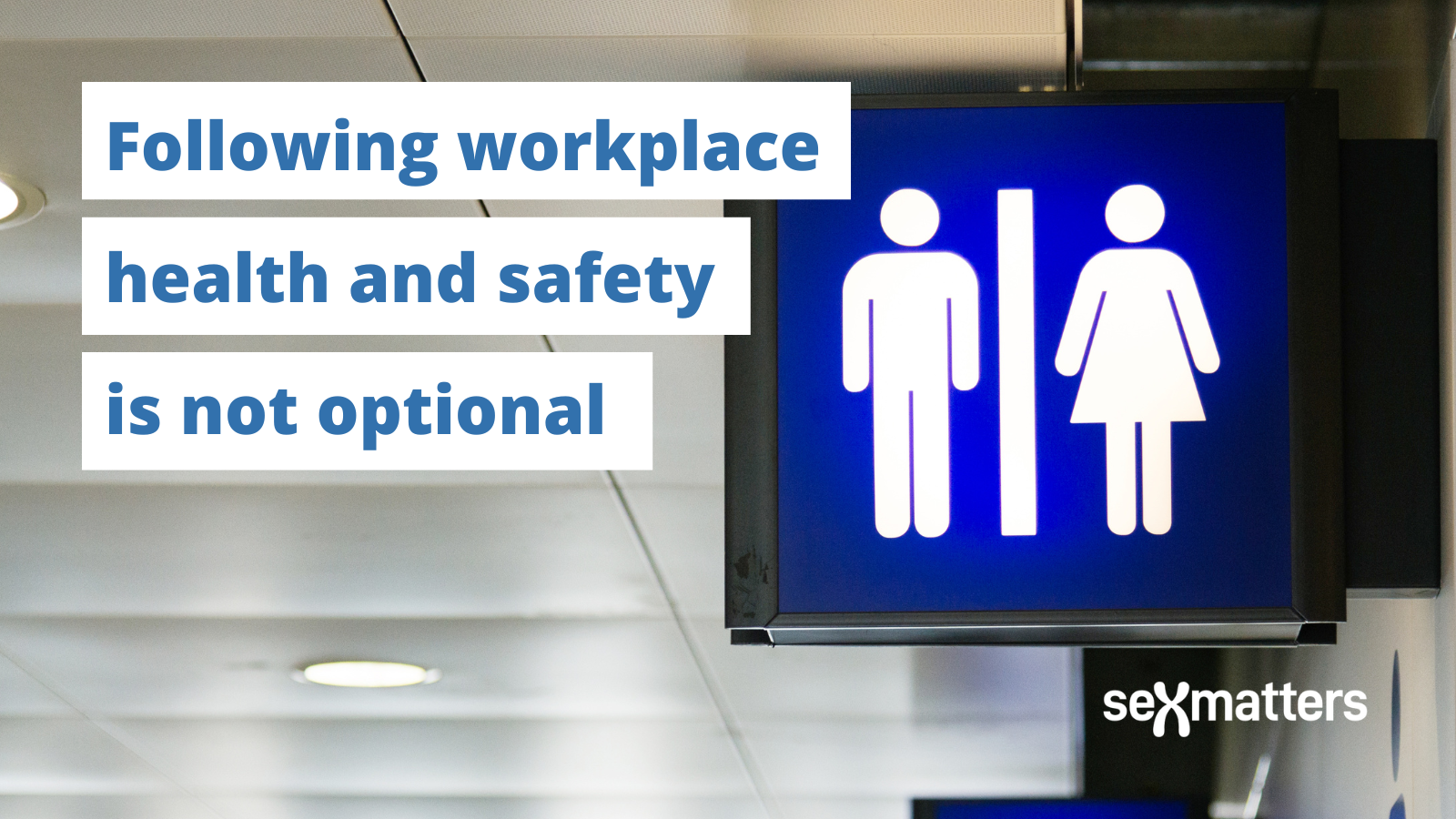
Why are lawyers encouraging confusion about the law?
Following the For Women Scotland judgment there has been a flurry of interest by lawyers in providing complicated, confusing...
14th May 2025
